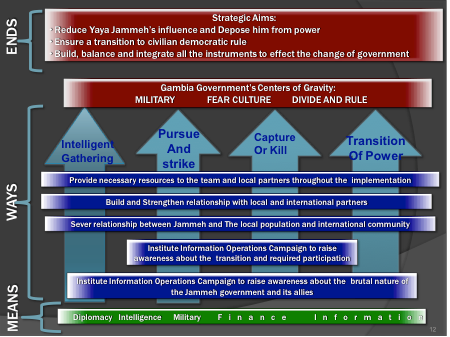Since @jdillonsavage and I wrote an article that links US foreign military training to coups, I thought I would add some context (and cite some real experts on Mali and African civ-mil relations more generally).
https://www.washingtonpost.com/world/asia_pacific/mali-coup-leader-was-trained-by-us-special-operations-forces/2020/08/21/33153fbe-e31c-11ea-82d8-5e55d47e90ca_story.html 1/10
https://www.washingtonpost.com/world/asia_pacific/mali-coup-leader-was-trained-by-us-special-operations-forces/2020/08/21/33153fbe-e31c-11ea-82d8-5e55d47e90ca_story.html 1/10
You can find the @JPR_journal linking US military training to coups statistically here: https://journals.sagepub.com/doi/abs/10.1177/0022343317713557 2/10
Here's a @WarOnTheRocks piece that makes the case: https://warontherocks.com/2017/08/training-the-man-on-horseback-the-connection-between-u-s-training-and-military-coups/ It contains my favorite piece of qualitative evidence ever… 3/10
I understand people are skeptical that US military training has a strong effect, but this awesomely bad Powerpoint slide planning the 2014 Gambia coup attempt had to come from somewhere. 4/10
We focused on US training due to its widespread use, relative transparency of date describing it, and because training in liberal norms is explicitly part of all curricula. But any training—French, German, Russian, or Chinese—likely has the same effect. 5/10
When you add human capital to the armed portion of an under-institutionalized state, you are likely to see it enter politics absent counter-balancing assistance to civil society. Here is the Sahel-specific case made by Moda Dieng: https://www.tandfonline.com/doi/full/10.1080/13523260.2019.1602692?casa_token=tWWETBfUJkgAAAAA%3AJCA_lJ4xMB7bAYYm91PLOa_HSDVR_N1F8eAhtVh2Gfj41DU_39Opjw7eoHcal4jGjO13p3EWuFYY 6/10
Does US training have less of a coup-encouraging effect due to this liberal component? Or does it speed the transition to a more democratic follow-on government? Clayton Thyne and @kc_hitch96 take a first step: https://journals.sagepub.com/doi/full/10.1177/0022002720935956?casa_token=1RsNbjrqi-cAAAAA%3AK8RwQ0M3Pp2mZ_Hf7B951G-FGOYGMaOi62Es7sskvYyfnVL1aSC024p5AneJU1lwBknaH99zjdE6 7/10
How do trainees respond when liberal norms such as subordination to civilian leadership and respect for human rights conflict? What if great powers compete to supply training? @RenanahMiles takes on these questions in an awesome, recently defended dissertation (hire her!). 8/10
I found this Naval Postgraduate School thesis by Simon Powelson on training of Mali’s SOF fascinating, and wonder how well it holds up: https://calhoun.nps.edu/handle/10945/38996 9/10
Finally, I try to read everything @MagDwyer writes on African military politics. And Joe Gazeley gives a terrific overview on why Mali is coup-prone: https://www.washingtonpost.com/politics/2020/08/20/why-was-mali-hit-with-another-coup/?utm_campaign=wp_monkeycage&utm_medium=social&utm_source=twitter 10/10

 Read on Twitter
Read on Twitter


